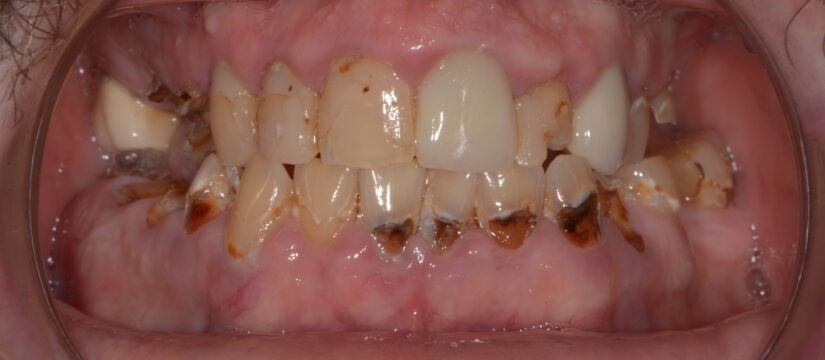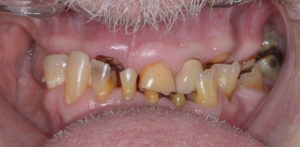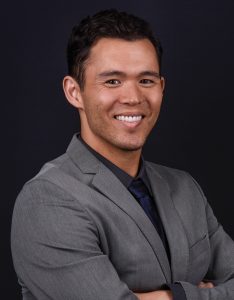
Restorative dentistry has come a long way over the years, and prosthodontists have been at the forefront of this revolution. Dental specialists are highly skilled in the creation of dental prostheses. These include implants, dentures, crowns, bridges, and veneers. They also expertly fit them.
But what really goes on behind the scenes of restorative dentistry? How do prosthodontists approach complex cases and work with other dental specialists to provide patients with the best possible outcomes?
This article will take an insider’s look at prosthodontics. We will explore the art and science of restoring smiles. We will explore the secrets of dentistry and the work of skilled dental professionals.
We will look at diagnosis, treatment planning, techniques and technologies. All of this will help us to gain a better understanding of this fascinating field. So sit back, relax, and let’s take a journey into the world of restorative dentistry.
What Does a Prosthodontist Deal With?
A prosthodontist is a dental specialist who deals with the restoration and replacement of missing or damaged teeth. They are experts in the design, fabrication, and fitting of dental prostheses such as dental implants, dentures, crowns, bridges, and veneers.
They specialize in treating complex dental issues. Examples include TMJ disorders, congenital birth defects, and oral cancer reconstruction. Dentists collaborate with other dental professionals such as periodontists, orthodontists, and oral surgeons. This ensures that their patients get comprehensive and coordinated care.
They receive extensive training in restorative dentistry. This includes diagnosing, creating treatment plans, optimizing oral function and performing complex dental restorations. They are usually boarded with the American College of Prosthodontists
They use the latest techniques and technologies. This provides patients with functional and aesthetically pleasing dental restorations. These restorations improve their oral health and enhance their quality of life.
What is the Difference Between a Prosthodontist and A Regular Dentist?
The main difference between a prosthodontist and a regular dentist is their level of training and expertise. Dentists receive training in general dentistry. Prosthodontists, however, receive advanced education and training in restorative dentistry. This includes diagnosing, planning, and executing complex dental restorations.
Prosthodontists specialize in the design, fabrication, and fitting of dental prostheses such as dental implants, dentures, crowns, bridges, and veneers. Experts at the dental practice specialize in treating complex conditions, including TMJ disorders, congenital defects, and oral cancer reconstruction.
Prosthodontists collaborate with other dental professionals, such as periodontists, orthodontists, and oral surgeons, to give patients comprehensive care. Additionally, they are educated in the aesthetic aspects of dentistry, such as color, shape, and the arrangement of teeth. They frequently take part in smile makeovers.
Companies may utilize CAD/CAM technology to create digital models of a patient’s teeth. This technology can be used to develop customized prosthetic devices. Advanced imaging techniques, such as CT scans and 3D printing, can be used by medical professionals. This helps to create a more accurate and detailed treatment plan.
Ultimately, the goal of a this specialty is to restore the patient’s oral health, function, and appearance. They employ the most up-to-date methods and tools to offer patients dental restorations that are both attractive and efficient. This improves their oral health and boosts their quality of life.
Regular dentists focus on general dental care. In contrast, prosthodontists specialize in restorative dentistry. They are experts in this field.
Do I Need to See a Prosthodontist?

Whether or not someone needs to see a prosthodontist depends on their individual dental needs and concerns. A prosthodontist can help patients with complex dental restoration needs. This includes replacing missing teeth, rebuilding the jaw, and treating TMJ disorders.
Patients with congenital or birth defects may benefit from seeing a specialist. This specialist has had years of additional training and schooling beyond dental school.
Likewise, those who have had cancer treatment or trauma to the mouth and teeth may also benefit from a prosthodontist’s care. Individuals who want cosmetic dental treatments on their natural teeth, like veneers or teeth whitening, may turn to a prosthodontist. This specialized dentist can provide the expertise they need.
It is essential to remember that general dentists can offer many dental services. In contrast, prosthodontists have specialized training and experience in the field of restorative dentistry and are highly recognized by the ADA. As such, seeing a prosthodontist can be beneficial for patients who require advanced or specialized dental care.
The decision to see a prosthodontist should be made with guidance from a general dentist. The dentist can provide the most suitable course of treatment for the individual patient, taking into account their needs and concerns.
Can Prosthodontist Pull Teeth?
Yes, prosthodontists are trained to extract teeth and perform routine dental work when necessary. Prosthodontists primarily focus on restoring and replacing missing teeth. Additionally, they have a deep understanding of oral surgery. This means they can perform tooth extractions as part of their treatment plan.
It is important to note that prosthodontists may refer patients to an oral surgeon or general dentist for tooth extractions. This is especially true for more complicated extractions that require advanced surgical techniques. They will collaborate with the referring dentist or surgeon. This is to ensure the patient receives the optimal care.
They are highly skilled dental professionals. They can provide a range of services to address complex dental issues of the head and neck. Tooth extractions are one of these services, when necessary.
Overall, prosthodontists are well-equipped to take care of a variety of dental problems. Patients should consult with their prosthodontist or general dentist to determine the most appropriate course of treatment for their individual needs.
